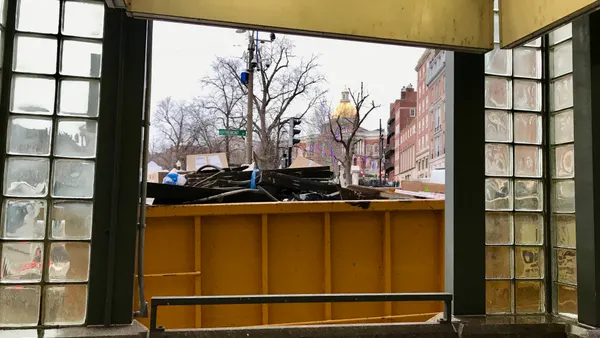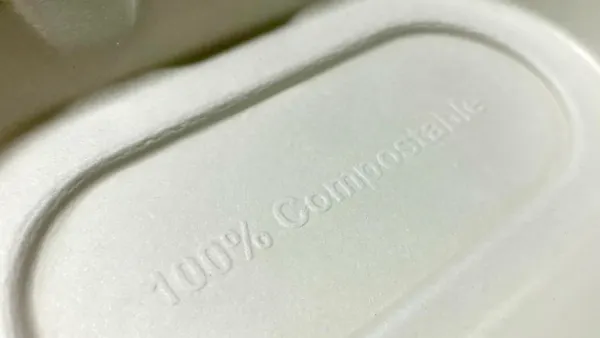Dive Brief:
- After a state-wide plastic bag ban was implemented on July 1, the City and County of Honolulu, HI introduced "reusable" plastic bags as an alternative to single-use bags. Yet, despite being manufactured for reuse, the thicker plastic bags are actually worse for the environment.
- The plastic bag ban specified that only certain types of plastic bags were permitted in the state, including plastic that is at least 2.25 mils thick. Chelsea Rochman, an environmental toxicologist at the University of California, Davis, explains that the the alternative is still made from the same material as the single-use bags, but they'll just take longer to decompose.
- Environmental leaders who once supported the plastic bag ban say that the loophole will ultimately "undermine" the ban. Stuart Coleman, a coordinator for the environmental group Surfrider Foundation, says the state's definition of reusable bags is "faulty."
Dive Insight:
"Plastic in general is produced out of the raw material of oil," said Rochman. "So if you're producing a thicker material versus a thinner, naturally, it's going to take more of that resource than it did when they were making the thinner bags."
Industry leaders across the U.S. have been looking for ways to decrease the use of plastic bags. While cities like Chicago will follow Honolulu's lead in banning plastic bags city-wide, most municipalities are implementing city-wide plastic bag fees. However, Novolex Senior Director Phil Rozenski has defended the plastic bag industry, stating that plastic bag manufacturing is all about sustainability.
"About 12% of plastic bags that are manufactured are recycled [into new bags], but about 75% of plastic retail bags are reused," said Rozenski. "And about 72% to 87% of all plastic bags are reused or recycled. There’s not a lot of them remaining to be recycled. Very few of them actually go to a landfill."









